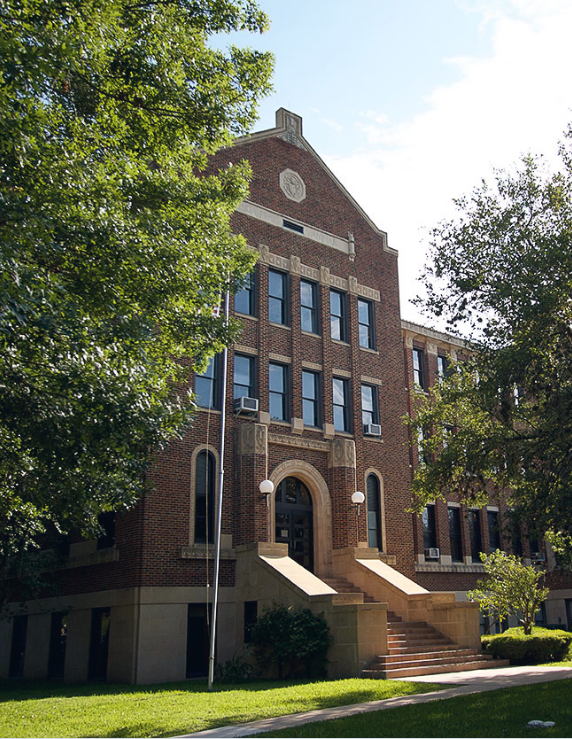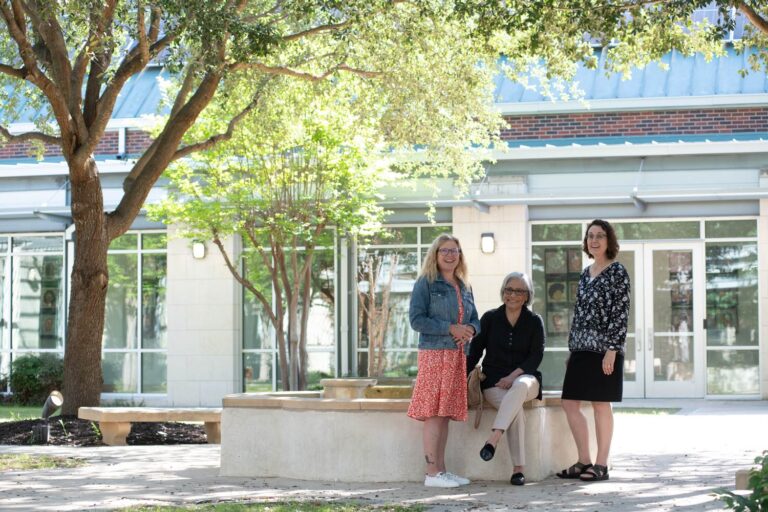Is this world fair? We can point to so much that says it is not.
The Corona Virus hits all people, rich and poor, every race, every ethnic group, young and old, every country, health insurance or none. In many cases it makes a crisis worse. An article I read last Sunday spoke about the other way Corona kills people in the developing world: hunger. Millions of people live day to day on meager income, namely what they can earn that day. Millions have lost their ability to even do that, now earning maybe a dollar a day. Their children are dying of hunger.
When I worked with Catholic Relief Services I visited West Africa, South Asia, the Middle East and Central America and saw the struggles of people to eat. I witnessed people living on the margins. I also witnessed the great work of CRS representing us in those areas and serving the most in need. I became a CRS donor since then. For the most vulnerable in communities where health systems are strained, the pandemic has massively disrupted their stability, income, safety and access to food. The impacts of the pandemic also on millions of refugees and people displaced due to circumstances beyond their control has been devastating.
It all seems so unfair. Why was I born here and not there? How can I make things more fair for all?
In the gospel parable today things also seem unfair. The laborers hired last and only working one hour in the vineyard get paid as much as those hired first who worked all day. The owner says, “Am I not free to do with my money what I want?” This is a lesson in God’s generosity. It makes no sense for us until we see things as God sees them.
In the parable, the first workers were promised a day’s wage, which was a normal payment for one day’s work, but the rest were just told they would get what was right. For the Jew, since the time of the covenant with God and Moses, to be righteous in the sight of God is to be in right relationship with God and others, with that relationship especially based on practicing charity. The discussion with the first hired ends up being what is “right and just.” The first workers were treated fairly, while the others were treated generously. We are reminded of the sayings of Jesus, “The last shall be first” and “My ways are not your ways,” which is in the first reading. This is the God of generosity, a model for us all.
We don’t ever understand God fully. But we are called to imitate God’s generosity and mercy. God shows us that all are treated equally, even those who come late. This is a missionary story, a welcome to all, no matter who they are or how slow or late they have been to come. Those who have served long and faithfully are treated justly, while those who came late are treated generously. The main thing that matters is that one is called. The attitude to the call is what is asked for here.
In my experience as a priest I have come to the conclusion that to live a happy life we only need to do two things. The first is we need to always recognize what God has done for us and respond in gratitude. That struck me after witnessing the poorest people on the planet. We must live lives of thanksgiving. If we are truly thankful then we must imitate God’s generosity for us by being generous toward others, especially those most in need. To be thankful and generous is to be happy. A happy life is that simple.
This part of Matthew’s gospel, as we have said the last few weeks, is talking about the community of the Church. The vineyard is a symbol for the reign of God, which the Church announces in word and deed. Today’s reading says that the Church is a community that includes even those who come late. It is significant that this parable is bracketed by Jesus repeating his saying, “The last shall be first and the first last” both right before and right after the story. The parable is a commentary on this saying.
This parable shocked people since they heard the opposite of what they thought. This is a missionary story, a welcome to all. The Church is called to be like this. Matthew’s community was mainly Jewish Christians who resented the Gentiles coming into the faith. In their mind, these are the latecomers to the faith. They felt the foreigners did not deserve the same privileges. Matthew is setting them straight. Earlier in the gospel Jesus tells us to forgive unlimited times. Jesus also speaks in Luke of the one lost sheep over the 99, the lost coin, and the lost son. God is generous in ways not like us. God looks for the ways to be generous. Do we? God’s grace is gift. Can we accept that God is that way? Or will we say, “That is not fair, I was here first.”
Jesus was always criticized by the Pharisees for consorting with sinners. Yet over and over he speaks of God searching for the lost. He always forgave those who asked without condemning them. Pope Francis was criticized in his first Holy Thursday as pope for washing the feet of juveniles in prison, including muslims, rather than twelve seminarians in St Peter’s, yet his action most closely follows this gospel story.
Matthew is trying to help the Jewish Christians, who believed they were first to come to the faith, to welcome the late comers, the Gentile Christians, those so different from them. Who would it be today? Are we called to respond to the immigrant, the refugee, people of color, the vulnerable poor in Africa, Central America or Asia?
This story is not about paying fair wages, it is about heaven as a gift, and that God gives it to whomever God wants, even if they don’t measure up to our standards. That does not mean that we can do anything we want and expect a deathbed conversion. You may not get that chance. But it does mean that God’s ways are not our ways and we need to imitate God’s generosity. After all, we need to admit that we expect God to be generous with us but we turn around and practice mere justice in dealing with others.
We cannot earn grace, it is a gift. When we realize what we have been given, the best response is to share. Bill Gates Sr. died this past week. He believed that it was not right for people to pass on their wealth without returning anything to the American system that helped them create that wealth as well as those in need in the world. The Gates Foundation he ran for his son, daughter-in-law and himself has given $50 billion that has reduced malaria, provided vaccines, better nutrition, sanitation and clean water and much more in developing countries. I myself saw some of the results on my various overseas trips with CRS.
You don’t have to give billions obviously, but you do have to give. I remember a veijita at San Fernando faithfully giving us $1 a week, even as her only income was a few hundred dollars a month from Social Security.
The Church is Church when it is in mission to others. As missionary disciples, we are called to respond to the urgent needs of those who face hunger, malnutrition and other tragedies during this global crisis, whether they are in line at the local food pantry or in the African bush. As Archbishop of Buenos Aires, Pope Francis would spend his free days visiting families in the poorest slums of the city.
So many, through no fault of their own, were born where their opportunity to live a dignified life is close to impossible without outside support. We were born where we received much support to get where we are today. Recognizing that and giving thanks for that is our call to imitate God’s generosity.
The world may not be fair, but we can help make it more right.
 Fr. David Garcia is a retired priest from the Archdiocese of San Antonio, Texas, where he served for 44 years. During that time, Fr. Garcia was instrumental in the effort to have the Old Spanish Missions recognized as a UNESCO World Heritage Site and also oversaw the multimillion-dollar restoration of San Fernando Cathedral. Fr. David served as pastor for several parishes in San Antonio, including the historic Mission Concepción. He also served as Senior Advisor for Clergy Outreach at Catholic Relief Services, the official international humanitarian and relief agency of the US Conference of Catholic Bishops.
Fr. David Garcia is a retired priest from the Archdiocese of San Antonio, Texas, where he served for 44 years. During that time, Fr. Garcia was instrumental in the effort to have the Old Spanish Missions recognized as a UNESCO World Heritage Site and also oversaw the multimillion-dollar restoration of San Fernando Cathedral. Fr. David served as pastor for several parishes in San Antonio, including the historic Mission Concepción. He also served as Senior Advisor for Clergy Outreach at Catholic Relief Services, the official international humanitarian and relief agency of the US Conference of Catholic Bishops.



